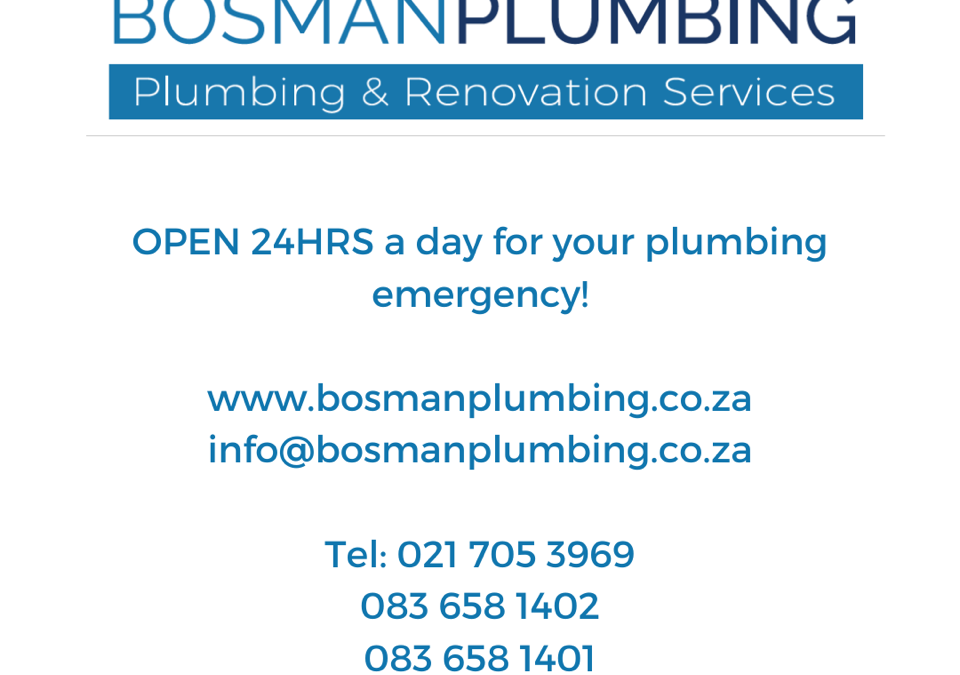Plumbing is an integral part of our homes, providing us with clean water for drinking, cooking, and bathing and removing waste and wastewater. While we often take our plumbing systems for granted, they require regular maintenance to function efficiently and prevent costly issues. In this blog, we will explore the importance of regular plumbing maintenance and provide some tips on keeping your plumbing in excellent condition.
Preventing Costly Repairs
One of the most significant benefits of regular plumbing maintenance is the prevention of costly repairs. When you schedule routine inspections and maintenance, a trained plumber can identify minor issues before they escalate into major problems. For example, a small leak in a pipe can quickly turn into a burst pipe, causing water damage to your home. Addressing these issues early can save you from expensive repair bills and potential property damage.
Maintaining Water Efficiency
Regular plumbing maintenance can also help you maintain water efficiency in your home. A plumber can check for leaks, fix dripping faucets, and ensure your fixtures are in good working condition. This not only conserves water but also lowers your water bills. In an era where environmental consciousness is on the rise, reducing water wastage is a responsible choice.
Extending the Lifespan of Your Plumbing System
Like any other system in your home, your plumbing has a finite lifespan. Regular maintenance can help extend the life of your plumbing system. Well-maintained pipes, fixtures, and appliances are less likely to fail prematurely. This means you won’t have to replace your plumbing components as often, saving you money in the long run.
Ensuring Water Quality
Water quality is a critical aspect of plumbing maintenance. When pipes are neglected, they can develop rust, corrosion, and mineral buildup, affecting the water quality from your taps. Regular maintenance can identify and rectify issues that might compromise your water quality, ensuring you have clean, safe water for your family.
Tips for Plumbing Maintenance
- Schedule Regular Inspections: Consider scheduling annual plumbing inspections with a professional plumber. They can identify and address issues that might not be visible to the untrained eye.
- Check for Leaks: Periodically check for leaks under sinks, around toilets, and in the basement. Even small leaks can indicate a bigger problem.
- Be Mindful of What You Flush: Avoid flushing items down the toilet that can clog pipes, such as sanitary products, paper towels, and excessive toilet paper.
- Maintain Your Geyser: If you have a geyser, make sure it’s serviced regularly to maintain its efficiency and prevent breakdowns.
- Proper Drain Care: Avoid pouring grease or oil down the drain, which can lead to clogs. Use drain screens to catch hair and debris before they enter the pipes.
- Know the Location of Your Main Water Shutoff Valve: In an emergency, you should know how to shut off the water to your entire home.
Regular plumbing maintenance is an investment that pays off in many ways, from preventing expensive repairs to ensuring water quality and efficiency. By taking care of your plumbing system, you’ll save money and enjoy a hassle-free, comfortable living environment. Don’t wait until a plumbing issue becomes a crisis; make plumbing maintenance a regular part of your home care routine.

